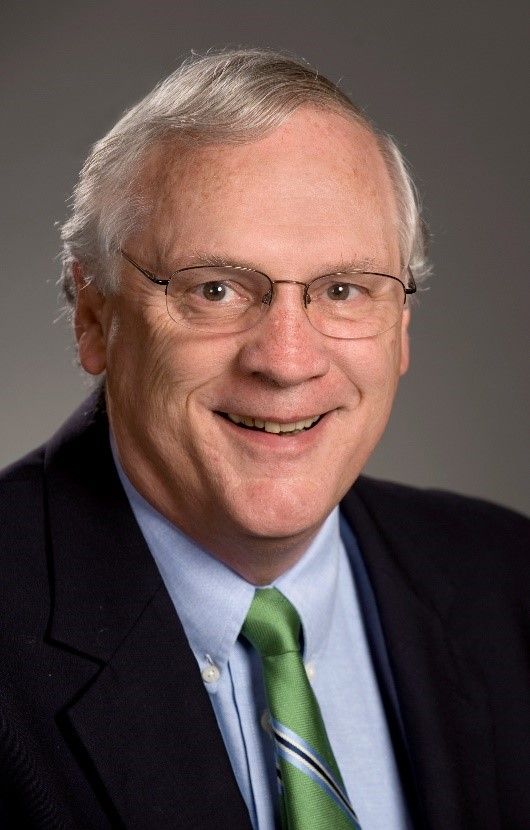Civil engineering alumnus Karl H. Frank ’69G, ’71 PhD will return to Lehigh on April 12 as the final speaker of the 2019 Fazlur Rahman Khan Distinguished Lecture Series, bringing with him 50 years of experience in the research and design of fabricated steel.
Frank, who currently serves as a consultant to the National Steel Bridge Alliance (NSBA) and is recognized as a worldwide authority on the design and behavior of structural steel bridges, has led an accomplished career spanning academia, industry, and government work.
He recently retired as chief engineer with Hirschfeld Industries, which he joined after 43 years at the University of Texas at Austin, where he is professor emeritus. Prior to joining the university, he worked at the Federal Highway Administration’s Office of Research, where he was involved in the development of the fracture control plan for steel bridges. He was awarded the Raymond C. Reese Research Prize and the James R. Croes Medal from the American Society of Civil Engineers (ASCE) as well as the Lifetime Achievement Award from American Institute of Steel Construction (AISC).
Frank’s presentation, “The Role of Quality Control in Some Notable Bridge Problems,” begins at 4:30 pm in Whitaker Lab 303 and will explore problems that occurred in three major bridges. He will illustrate the importance of quality control in all phases—from bridge design and material selection all the way through fabrication.
According to Frank, quality control of bridge structures is often solely concerned with the contractors building the bridge, but it also plays a critical role in the design office, with bridge designers needing to heed warnings given in the specifications when selecting products. A clearly written note on the plans is no guarantee of quality, Frank says, without enforcement during fabrication.
The Khan Lecture Series, co-sponsored by the Departments of Civil and Environmental Engineering and Art, Architecture, and Design, honors Fazlur Rahman Khan’s legacy of excellence in structural engineering and architecture. Khan’s pragmatic vision ushered in a renaissance in skyscraper construction during the second half of the 20th century. His progressive ideas for efficient high-rise construction resulted in many works, including Chicago’s 100-story John Hancock Center as well as the 110-story Willis (formerly Sears) Tower, the second-tallest building in the United States after One World Trade Center and the 16th tallest in the world.
“Karl’s contributions have increased our understanding of the fatigue and fracture behavior of structural steel and improved the design and behavior of bolted and welded connections,” says Dan M. Frangopol, the inaugural holder of the Fazlur Rahman Khan Endowed Chair of Structural Engineering and Architecture at Lehigh. “We are honored to have such an accomplished graduate of our own department share his expertise.” Frangopol initiated the lectures in 2007 and has since served as the organizer of the series.
Frank completed his bachelor’s in civil engineering at the University of California at Davis before earning his master’s and doctorate from Lehigh. He is an active member of the NSBA, the American Railway Engineering and Maintenance-of-Way Association (AREMA), the American Welding Society (AWS), and the Research Council on Structural Connections (RCSC).
He has authored many of the design provisions for welded and bolted connections, plate girder strength, and fatigue of welded details used in the design of fabricated steel structures. He is also an emeritus member of the Steel Bridge and the Fabrication and Inspection Committees of the Transportation Research Board.
Frank’s presentation is the final installment of this year’s Khan Lecture Series, which also featured structural engineer SawTeen See and wind engineering expert Kishor Mehta.
Story by Katie Kackenmeister, assistant director of communications, P.C. Rossin College of Engineering and Applied Science

